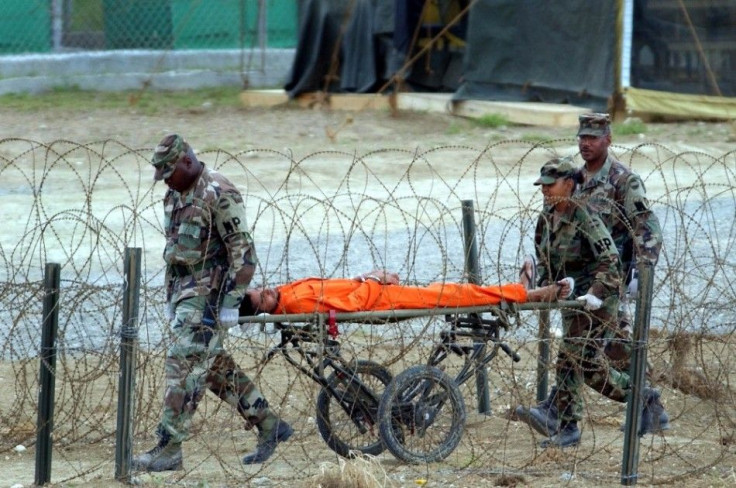Canada Supreme Court Rules Guantanamo's Youngest Ex Inmate As A Child Offender; Rejects Govt Plea

In a rebuff to the Federal governmnet, Canada's Supreme Court on Thurday ruled that the former Guantanamo detainee, Omar Khadr, must not be treated as an adult criminal but as a child offender. Though he was arrested at the age of 15 from an Afghan battlefield, Canada wanted to make sure that he does not get away with a shorter sentence, usually given to young offenders, under the Canadian law.
The AFP reports that the apex court noted that Khadr's eight-year sentence has been less than the quantum of minimum punishment given to adult criminals, and ruled that he must be considered a child offender. Ottawa has been objecting to the labelling of Khadr as a child offender saying it was a ruse to reduce punishment and get out of prison at the earliest.
Canadian Origin
Khadr was charged with the murder of a U.S soldier in Afghanistan and was brought to the detention centre of Guantánamo Bay in Cuba, as its youngest inmate. Born to parents active in Canadian Muslim circles, Khadr was taken to Afghanistan in his childhood. In July 2002, the U.S troops allegedly attacked his family’s compound in eastern Afghanistan where Khadr was living. In the gun fight, a U.S soldier named Speer was killed by a grenade and Khadr got wounded seriously and lost his left eye vision. That injury later got him a nickname “Buckshot Bob” by the U.S interrogators, reports The Guardian.
Khadr was repatriated to Canada in September 2012, after being sentenced to eight years on charges such as murder in violation of the laws of war, attempted murder, conspiracy, material support to terrorism and spying. Now Khadr is planning to appeal the conviction in the United States and claims that he pleaded guilty only because there was no way out to leave the U.S prison in Cuba.
Canada raised the legal challenge primarily to prevent Khadr's transfer from a Canadian federal penitentiary to a comfortable provincial correctional facility where petty criminals and young offenders are housed. However, Khadr has already got bail in early May.
Severe Bail Terms
Under the bail terms, Khadr will live with his lawyer Edney in Edmonton and will be subject to extensive monitoring with an electronic bracelet and remote surveillance on his internet usage. He will be denied access to laptop, cell phone or any other gadget and will also face a curfew from 10 pm to 7 am.
(For feedback/comments, contact the writer at k.kumar@ibtimes.com.au)





















